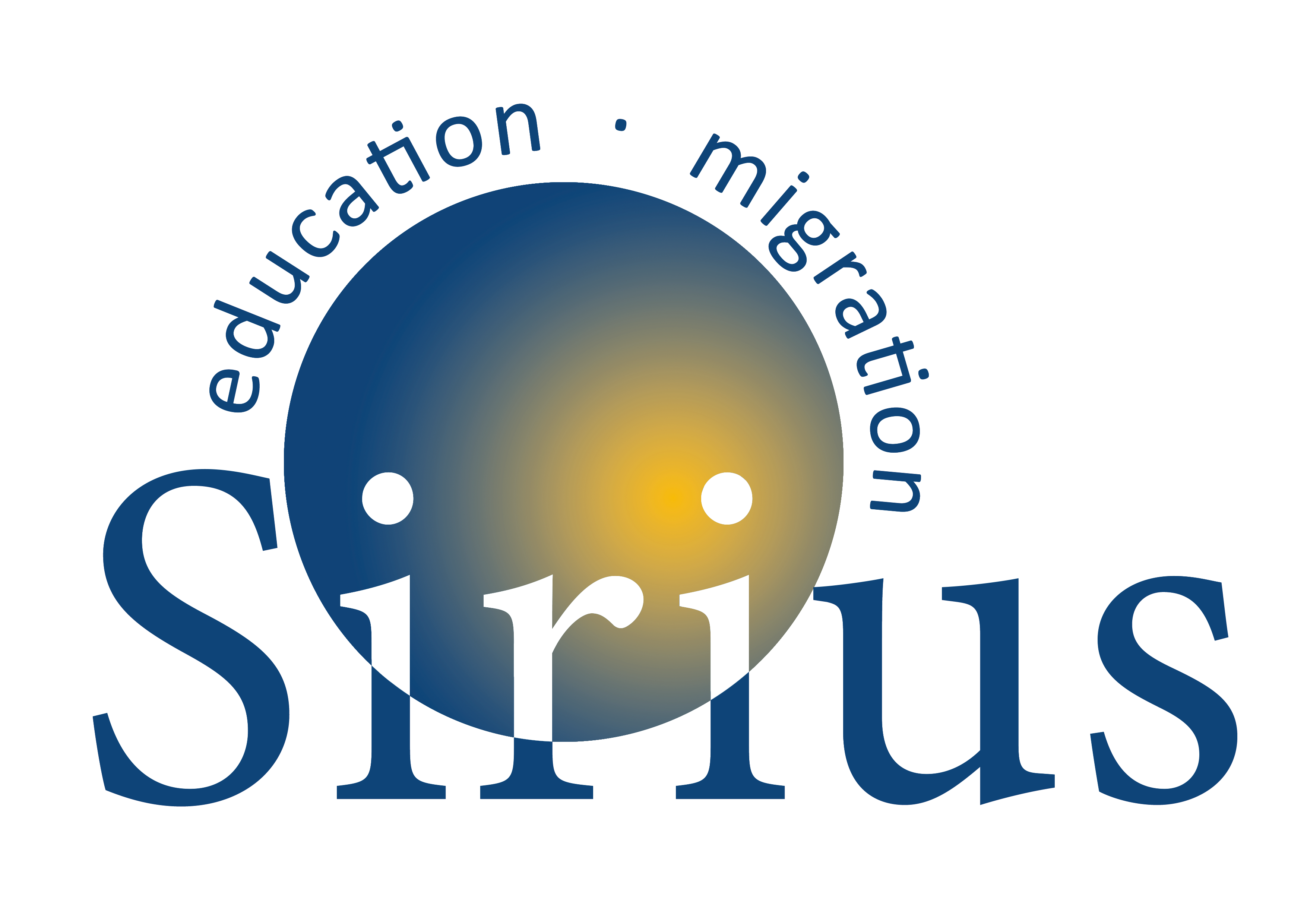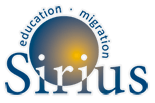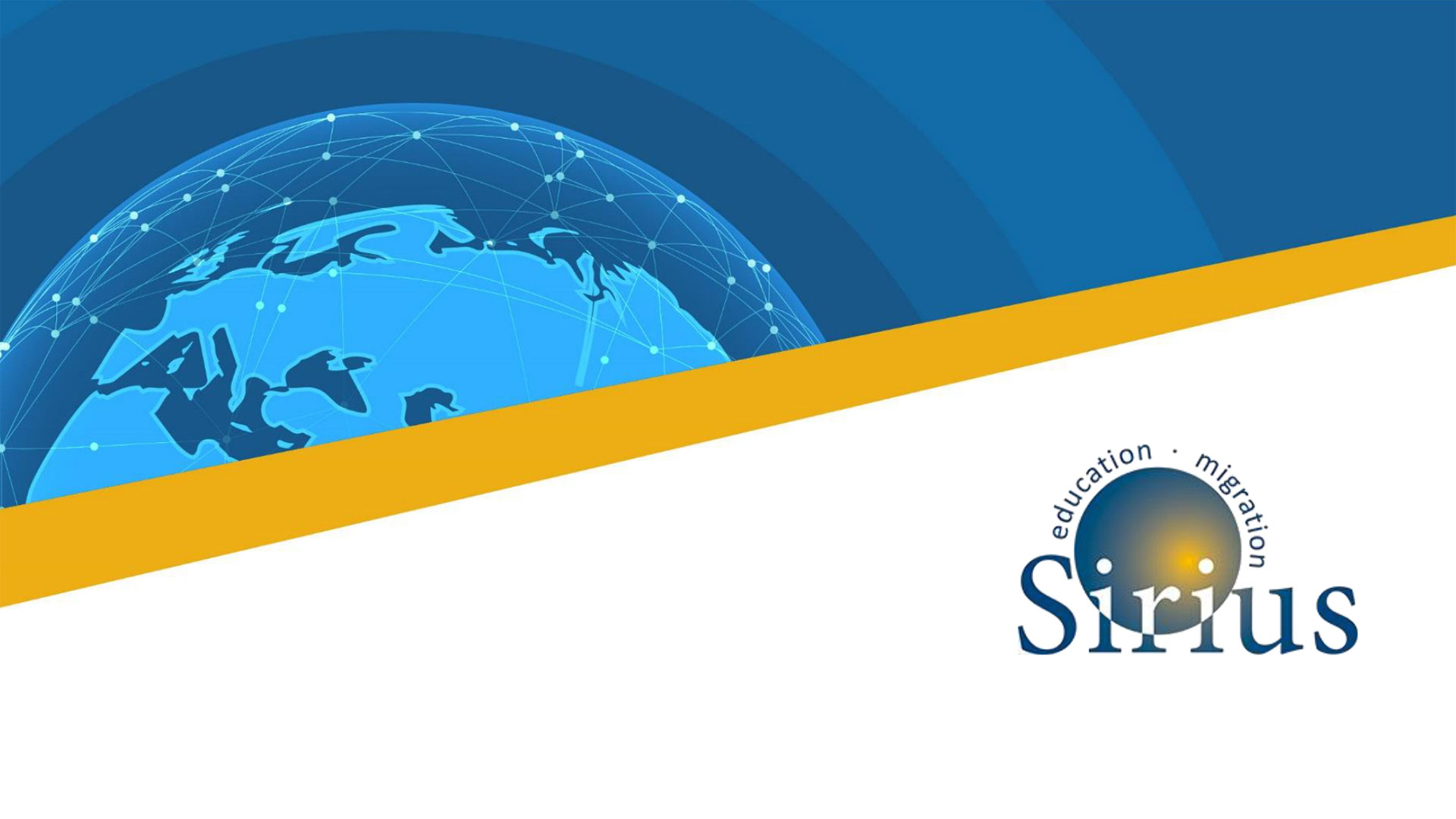Refugee Education in Sweden, 2018
Refugee Education in Flanders, Belgium 2018
#Back to School – A Comparative Overview of the Current Situation of Asylum Seeker and Refugee Children having Reached Compulsory School Age in Seven EU Member States – 2018
Education could pave the way towards a more stable and brighter future for children seeking and benefiting from international protection, after often several years of flight and insecurity. Many of them see education as an opportunity to re-build their lives in a new environment and they typically arrive highly motivated to continue school after long periods of absence.
Still, law, policy and practice in the final country of asylum will determine whether children under international protection are able to realise their dreams and aspirations. Children’s high ambitions might quickly disappear when faced with specific legal, administrative and practical barriers hindering them from continuing and succeeding in school. The objective of this study is to give a comparative overview of the current situation of asylum seeker and refugee children having reached compulsory school age in seven EU Member States (France, Germany, Greece, Hungary, Italy, the Netherlands, Sweden) where recently they have all experienced a sharp increase in the number of asylum applications.
VIEW DOCUMENT BELOW
MULTI‐COUNTRY PARTNERSHIP TO ENHANCE THE EDUCATION OF REFUGEE AND ASYLUM‐SEEKING YOUTH IN EUROPE
The ‘Multi‐country Partnership to Enhance the Education of Refugee and Asylum‐seeking Youth in Europe ‐ PERAE’ was initiated by the SIRIUS Network – Policy Network on Migrant Education in 2016 with the support of the Mercator Foundation. The initiative builds up on the SIRIUS ‘Agenda on Migrant Education’ (SIRIUS, 2014) and the Statement on Urgent Response for the Education of Refugees (SIRIUS, 2015) that “calls on the EU and its Member States to respond to the specific education needs of refugee children and students in the EU and abroad”. The partnership between seven countries (Belgium (Flanders), Bulgaria, Germany (Bavaria, Hamburg), Greece, the Nether‐ lands, Sweden, United Kingdom (England) addresses inadequate access to quality education for asylum‐seeking and refugee youth1 throughout the European Union (EU) with a focus on secondary education.
The ‘Multi‐country Partnership to Enhance the Education of Refugee and Asylum‐seeking Youth in Europe’ aimed to contribute to the improvement of the access to quality education for refugee children and youth through the adaptation of policies in the European countries to their needs. Through an interactive process with stakeholders and policy makers, the initiative ensured that the developed recommendations were owned and implemented by them. It is expected that this will contribute to better educational opportunities for refugee children and youth in a long term perspective.
We are sharing here the report that constitutes a comparative analysis of the national reports compiled in stage one of the ‘Multi‐country Partnership to Enhance the Education of Refugee and Asylum‐seeking Youth in Europe’. Hence, a particular focus is placed on approaches of policies and initiatives for ensuring access to education and opportunities to succeed in education for refugees and asylum seekers in school age (with a focus on secondary education) in Belgium (Flanders), Germany (Bavaria and Hamburg), Greece, the Netherlands, Sweden, and the United Kingdom (England). While using the national reports of the ‘Multi‐country Partnership to Enhance the Education of Refugee and Asylum‐seeking Youth in Europe’ as the main resource, the comparative analysis also draws on other existing studies in order to complement the available information. On the basis of desk research, Finland and Italy were further included in the comparison due to their relevance for the topic of concern in regard to the implementation of good practices (Finland) and the hosting of large numbers of young refugees and asylum seekers (Italy).




